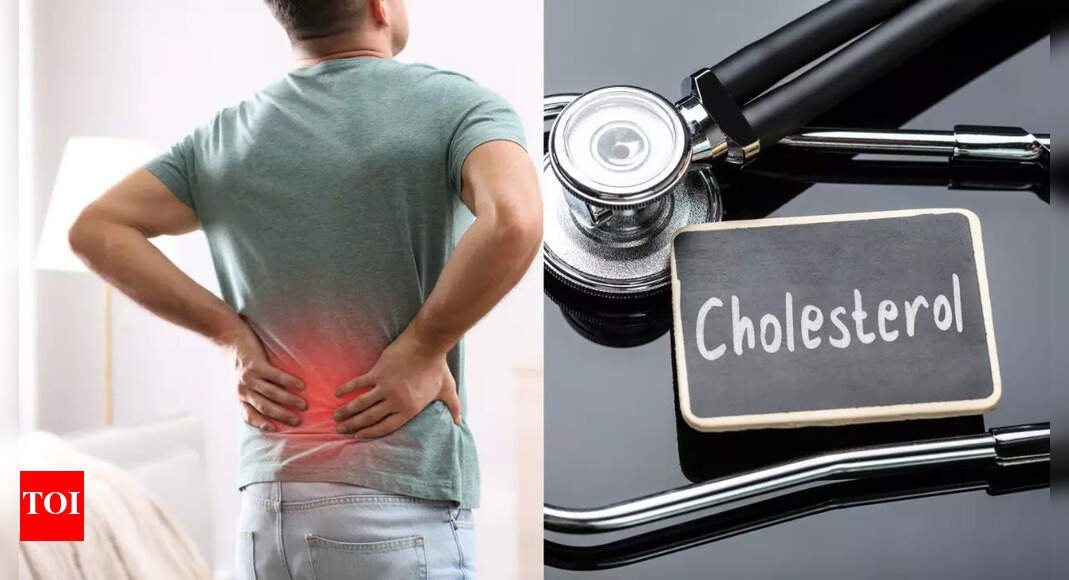Last Updated:August 13, 2025, 18:09 IST
On World Organ Donation Day, here’s a look at some of the lesser-known forms of donation that can save lives.

These lesser-known donations provide profound experiences for donors and life-changing benefits for recipients.
When most people think of living organ donation, the picture is usually limited to a kidney or perhaps part of the liver. These have long been the mainstays of such procedures. But modern medicine has quietly expanded the boundaries of what’s possible. Today, a living person can donate parts of other vital organs and tissues, transforming the lives of recipients, without compromising their long-term health. These lesser-known forms of donation are rewriting the definition of generosity in healthcare.
For recipients, the gift can mean liberation from medical devices, years of renewed health, and a second chance at life. For organ donors, it often becomes one of the most profound experiences they will ever have. As Prof. (Dr.) Rahul Rai, Sr. Consultant – Hepatology & Liver Transplant Physician, Narayana Hospital, Jaipur, explains, “These donations can mean the difference between life and death, or between being tied to medical machines and living fully.”
A Lobe of the Lung
While it’s not possible to survive after donating an entire lung, certain patients with severe lung disease can receive a lobe from a healthy donor. This option is considered in critical cases where no lungs from deceased donors are available. The donor may experience a slight reduction in lung capacity, but the recipient often gains immediate relief from constant oxygen dependence.
A Portion of the Pancreas
Partial pancreas transplants can transform the lives of patients with severe Type 1 diabetes who struggle to control their blood sugar. Donors are screened to ensure their remaining pancreas functions normally, producing insulin and digestive enzymes. Recovery may take weeks, but the emotional reward of freeing someone from daily insulin injections is immeasurable.
A Segment of the Intestine
Small bowel donations are rare but essential for patients with intestinal failure. Donating a segment can restore nutrient absorption and drastically improve the quality of life. The intestine’s remarkable ability to adapt means most donors recover well over time.
A Careful and Ethical Process
Dr. Rai stresses that living organ donation is a serious medical and ethical commitment. Donors undergo rigorous screening: medical, psychological, and surgical planning to minimise risk. Post-operative care ensures both donor and recipient recover safely.
Informed consent and freedom from pressure are non-negotiable, ensuring that such extraordinary acts of generosity remain truly voluntary.
view comments
- Location :
Delhi, India, India
#Alive #Giving #Organs #Knew #Donated #Living #Health #Fitness #News



